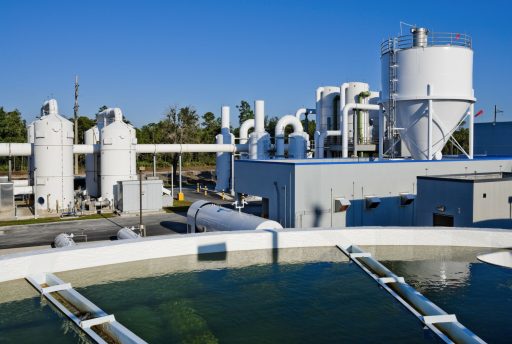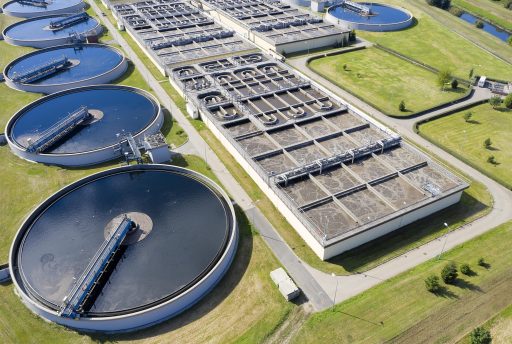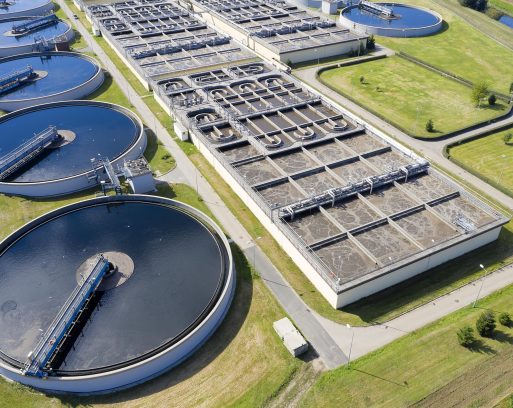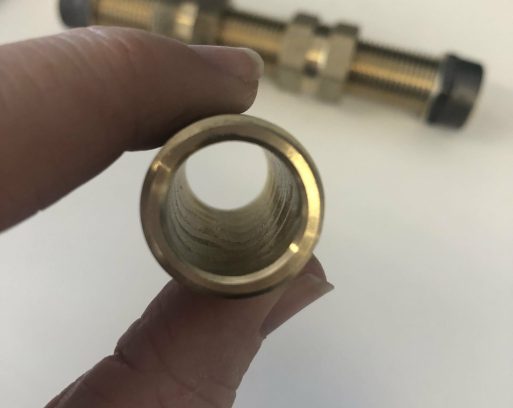Biofilms in manufactured water systems
Research focus
Biofilms within maritime platforms and manufactured water systems can present significant challenges, detrimentally impacting both asset management, and water quality. Biofilms attach to surfaces inside water treatment and distribution systems, such as pipes, tanks, and filters. These microorganisms produce extracellular polymeric substance (EPS) to form a slimy substance that protect the microbial community from disinfection and cleaning strategies. These biofilms can cause decreased water flow, increased energy consumption, decreased lifespan of filters and increased risk of contamination with disease causing microorganisms. Biofilms can also promote the growth of nitrifying and sulfate-reducing bacteria that can cause problems in water quality, such as taste and odour issues and corrosion. They can also promote microbiologically-influenced corrosion (MIC), which is a type of corrosion that can occur due to the presence of certain microorganisms in a biofilms and/or when these microorganisms produce corrosive metabolites that can attack metals in water systems. This can lead to the deterioration of pipes, tanks, and other metal components in water systems, leading to leaks and other failures.




Understanding the formation and behaviour of biofilms in water treatment and distribution systems is essential in developing effective strategies to control their growth and mitigate their negative impacts. This can include using biocides, mechanical cleaning, or other strategies to prevent or remove biofilms from surfaces in water systems, and the implementation of monitoring systems to detect and assess the extent of biofilm growth. Interestingly, not all biofilms are harmful, and many environmental processes utilise the microbial communities within biofilms. For example, the water industry uses beneficial biofilms in wastewater treatment to break down organic matter. Future research is needed to optimise the operational protocols for the use of these beneficial biofilms, to harness and increase the efficiency of these processes.


